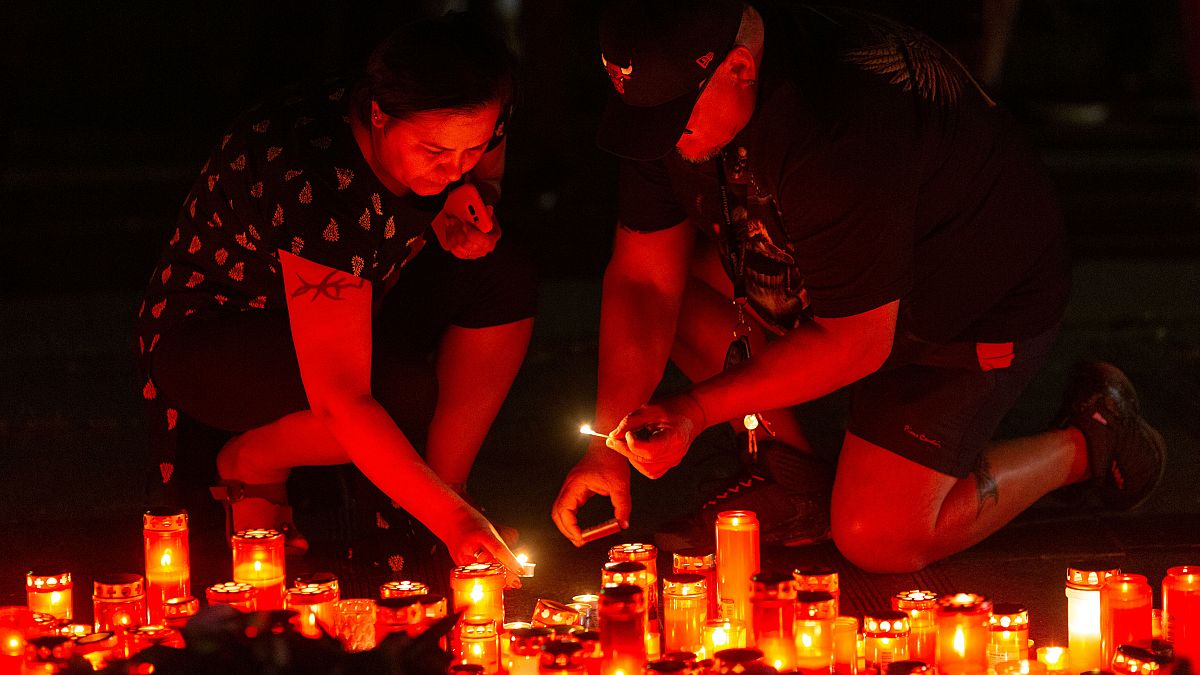Romania’s interior minister has quit as the fallout from the kidnapping of two teenage girls intensifies.
Romania’s interior minister has quit as the fallout from the kidnapping of two teenage girls intensifies.
There is public outrage over the disappearance and presumed killings of Alexandra Macesanu, 15, and Luiza Melencu, 18, in the southern town of Caracal. Gheorghe Dinca, 65, told police he had murdered them, according to his lawyer.
Macesanu phoned the European emergency number 112 but it took authorities 19 hours to locate where she was as they struggled to trace her calls and secure unnecessary search warrants.
Nicolae Moga, who had only been in the post six days, resigned as Romania’s interior minister on Tuesday.
Inquiries have shown politicised public safety bodies to be under-funded, short-staffed and insufficiently trained, reports Reuters.
Romania's chief of police and several county officials have already been fired over the case.
As well as the delays, child search-and-rescue protocols were not followed.
"It has been found that institutions in charge of public order and safety ... failed, after a series of unacceptable errors to ensure the fundamental right of life," he said.
Iohannis added he asked the Social Democrat government to create measures by the end of August to improve cooperation and rapid response systems for public safety institutions, including location-finding technology for 112 calls.
It comes as an insider within the Romanian police force told Euronews about the impact the scandal was having.
“The police officers were wrong in many ways: from the superficial way they treated the case of the girl's disappearance to the poor preparation of the dispatcher, who did not know how to start the localisation system, which would have significantly reduced the search area,” he told Euronews. “And we can also mention the deficient way in which the dispatcher interacted with the victim.
“The legislation, starting from the constitution, is clear regarding the inviolability of private properties, but there are exceptions provided for in it. And one of the exceptions is when you have to rescue a person who is in danger. But that was not the problem, but the fact that the outdated technology and the poor professional training of some people in the system did not allow the timely location of the building from which the kidnapped girl had called 112 to ask for help. It was located only late at night when the girl was dead for several hours.
“The critics of the police officers who intervened in this case are justified, but not entirely, because in the first days, fake news that put the police in a negative light were circulated, unfairly, as if they were at the door of the criminal, as if the girl was screaming for help at 4am or if the cops would have known in advance where the killer's house is.”
